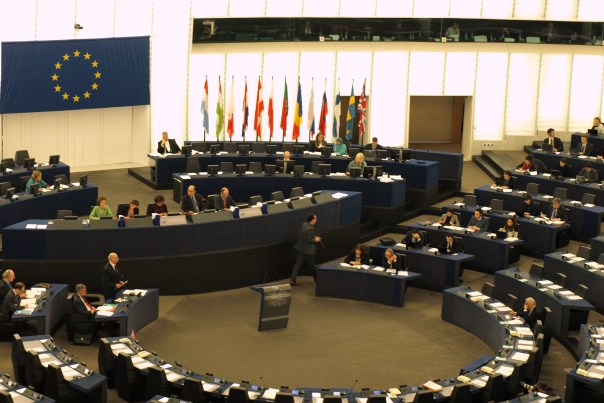
A few years ago I was part of a UKTI delegation to a major Environmental exhibition in Lyon, France. On the day we arrived we were given a briefing by the UK Commercial Attaché who had travelled down from the embassy in Paris. The lasting memory of that briefing was his analysis of how the EU game is played by France and Germany and how the UK took a different approach that put it at a permanent disadvantage.
He had many facts at his disposal and I regret not making detailed notes at the time but the core message stuck in my mind.
More recently, I was part of a group visiting MEPs in Strasbourg and again we received briefings from them as to how legislation for EU Directives is developed. The key message was that the draft laws were very long and detailed and required reading in depth. In a 500-page document you might have to get to page 463 before you picked up the fact that, for instance, certain specific industries/organisations in specific countries (usually France or Germany) were exempted from having to comply.
We should be grateful for the diligence and perseverance of some UK MEPs who try hard not to let the EU game be tilted too far from the UK. However, you can’t blame EU member states for trying. Lobbying for special concessions was invented in the UK parliament, after all.
Nevertheless, with all this gaming of the system going on, nor can you blame the British public for getting a bit fed up. If the game is rigged against you, why continue playing?
So why don’t we need to leave the EU?
You will soon see it all comes down to timing.
At university, I studied GATT, the General Agreement on Tariffs and Trade, and Most Favoured Nation Status (MFN). These are now part of history having been established in 1948 as part of the post-war arrangements that also set up the United Nations and superseded in 1995 by the creation of the WTO, the World Trade Organisaion. However, MFN is a wonderful concept. It meant that, if a country granted it to another country, the latter would be able to trade on terms equal to the most beneficial rules and regulations of any of the other countries. It essentially demolished bilateral trade agreements. Some readers may remember the long campaign for China to achieve MFN status with the US.
So, the relevance to a trading area like the EU is obvious. All members are automatically benefitting from MFN status for trade within the EU. I see the UK’s current approach to EU directives as MFN in reverse. It seems to be policy for the UK to be the first to issue regulations implementing directives, possibly because of the mistaken belief that doing so sets the gold standard for all other EU members to follow. The result is UK businesses start incurring the costs before their European competitors. Other nations look at what the UK has done and implement a lesser version, thereby costing their businesses less. They take their time about doing this.
Then there is the issue of enforcement. British culture is that, in the main, we like to follow the rules and we have very good enforcement agencies to ensure we do. Other countries do not.
My answer to this is to stop. Make a new policy that the UK government will not be the first to implement new directives. Indeed, the UK should be the last and it should cherry pick from the least burdensome approaches taken by other EU members. This is Positive MFN.
We would have less red tape, fewer bureaucrats and more competitive businesses. Such a policy would also have a reciprocal effect on legislators and other EU members which would change the nature of the EU at its core.
Best of all, we don’t need to renegotiate or change treaties, let alone leave the EU, to do this. We have total control of implementation in our own hands. In Parliament and on Whitehall.
